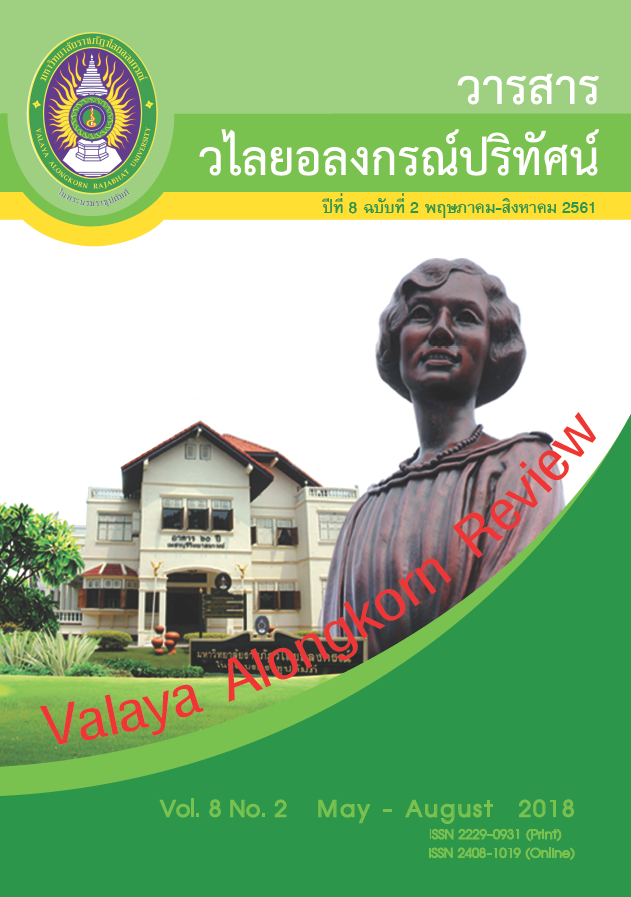SUPPORT MATHEMATICS TEACHING IN SCHOOL BASED ON BOALER’S PRINCIPLES
Keywords:
Mathematics TeachingAbstract
To Support Mathematics teaching in school, the author considers six components. First, The good of mathematics is to consider a growth mindset of intelligence: for fixed mindset and growth mindset support teaching and learning. There are many ways to be smart in mathematics. Second, Good mathematics program: understands the concept of mathematics proficiency. Third, Recognize, support and evaluate quality mathematics learning and learning in general. Teacher is important, must have knowledge higher than the level of her/his teaching level, teaching to student needs, student centered, students have the opportunity to discuss, the role of technology, front line teacher support, administrative support and school established professional learning community and continuing teacher development all the time. Forth, What’s working and what’s not by administrator: a) Before doing something, administrator must check the current program on teaching and learning goals; high quality mathematics: students have the opportunity to be a mathematics person and consider the seven mathematics program components and the basic possibilities of the program: contents; habits of mind, teachers, teaching and learning, evaluation, teacher evaluation and outside school relations. b) Agreement on goals between administrator, teachers and parents. c) Evidence of success: from many sources such as the data on students , from the seven math components program which align goals and the program sequences and consider eight tasks: evaluation: teaching and learning: contents in mind development: teachers development in different ways: investigate teacher background: observe teacher teaching: evaluate teacher by administrator; and teaching related to outside school. Fifth, Move from ideas to results. School needs to suggest to help to solve problems and support changes such as inserted by teachers: rely on your school math experts: create opportunity for collaboration; protect your teachers: understand the change process by using the stage of concern seven steps by Hall and Hord. Sixth, What should I watch out for?: The fad due jour: resistance from teachers: resistance from parents or community: and yo-yo decision
References
Dwek, C. S. (2006). Mind set: The New Psychology of Success. New York: Ballantine Books.
Halls, G. E. & Hord, S. M. (2014). Implementing Change: Patterns, Principles and Potholes. (4thed.). Massaschusette: Allyn & Bacon.
Selley, C. L. (2016). Building a math Positive Culture. Virginia: Association for Supervision and Curriculum Development.
Selley, C. L. (2016). Making Sense of Math: How to Help Every Students Become a Mathematical Thinkers and Problem Solver. Virginia: Association for Supervision and Curriculum Development.
Downloads
Published
How to Cite
Issue
Section
License
ข้อความที่ปรากฏในบทความแต่ละเรื่องในวารสารวไลยอลงกรณ์ปริทัศน์ เป็นความคิดเห็นของผู้นิพนธ์แต่ละท่าน มิใช่เป็นทัศนะและมิใช่ความรับผิดชอบของกองบรรณาธิการจัดทำวารสาร และ
มหาวิทยาลัยราชภัฏวไลยอลงกรณ์ ในพระบรมราชูปถัมภ์



